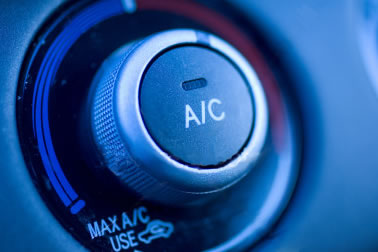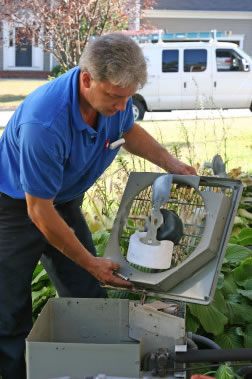| Choose a State: |
Replacing Old A/C Unit and Furnaces: Is it Cost Efficient?

A lot of homeowners consider replacing their old air conditioning unit and furnace and purchasing new ones, which are supposed to be more cost-efficient. However, you should be very careful before deciding to do so. There are actually instances when replacing your cooling and heating equipment is not as cost-efficient as you might think.
Calculate Cost-Efficiency of Your Old Units
One of the things you might want to consider when upgrading to a new furnace or air conditioning unit is the expenses that you will incur. In addition to the cost of the unit, it is probably wise to also think about whether your new unit will work properly with the existing equipment in your home. If not, you will certainly need to upgrade them as well.
You might be tempted to just simply mix and match the new unit with your old equipment but you might find yourself experiencing problems concerning efficiency. An expert technician will be able to provide you with sound advice regarding this. Make sure you check service warranty of the new unit in order to protect you against such difficulties.

But before you head out and purchase a new unit, you might also want to compute if the money you will spend on the new furnace or air conditioner will be less than the cost of heating and cooling your home using your old systems. This can actually be calculated by using the following steps:
- Step 1: Obtain old electric and gas bill from spring and fall --- months when you were not using your furnace and air conditioning unit. You can calculate your 'base load' by adding the two bills, dividing them by two and multiplying by 14.
- Step 2: Subtract your base load from your annual bill. The result will be the cost of heating and cooling your home annually.
- Step 3: Multiply this annual cost by the number of serviceable years left on your furnace and air conditioning unit. You can add 2 percent per year if you want to consider adjustments in fuel prices. of course, you have to assume your old units will not require any major repairs for the remainder of its life.
- Step 4: Compare this to the expenses of purchasing a new system and remember to include the installation costs and other incidentals.
You can now determine whether your decision to replace your old heating and cooling system is more cost-efficient than keeping your old system.
